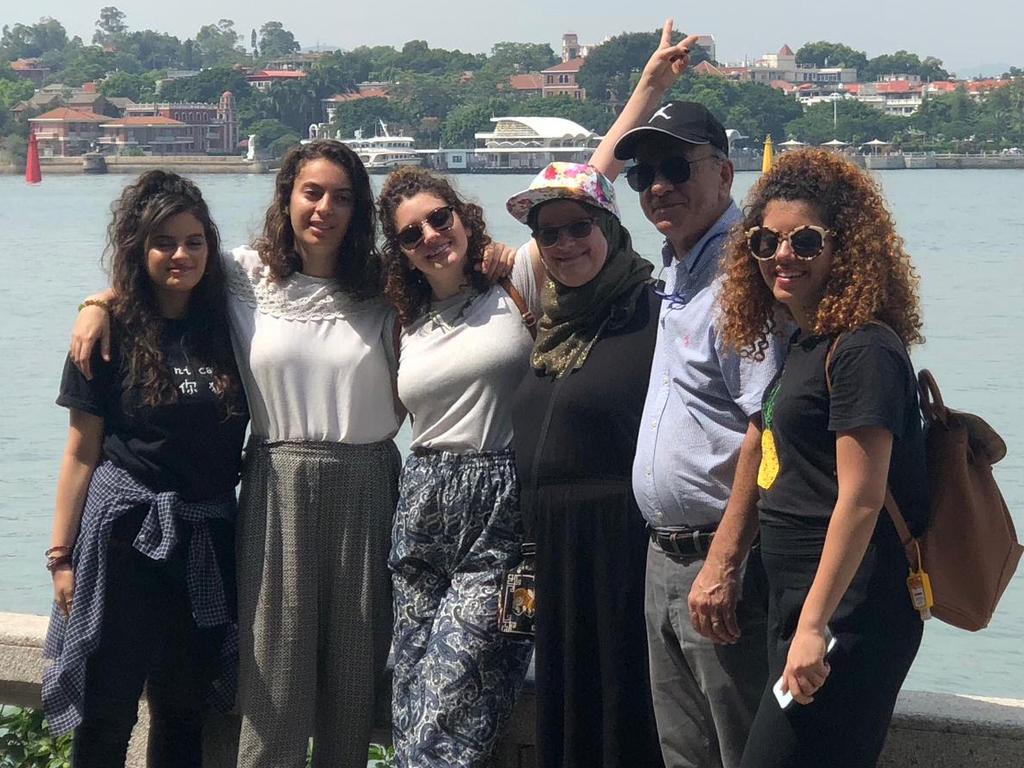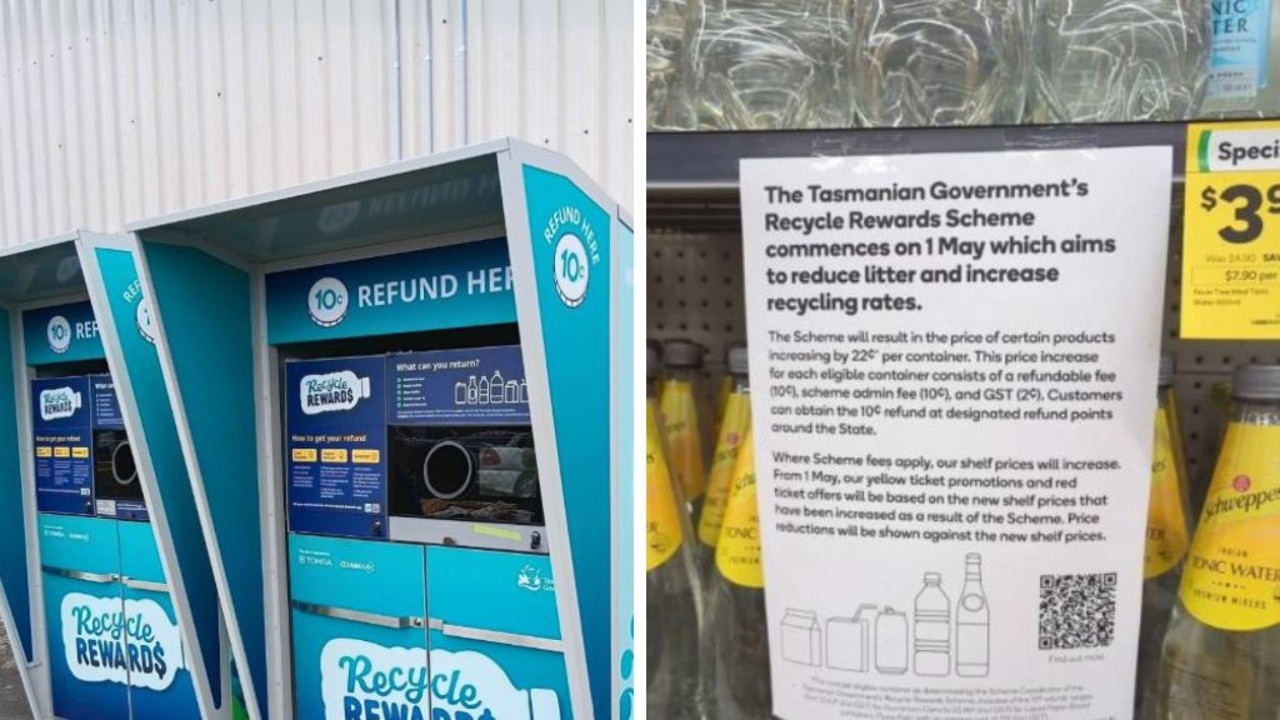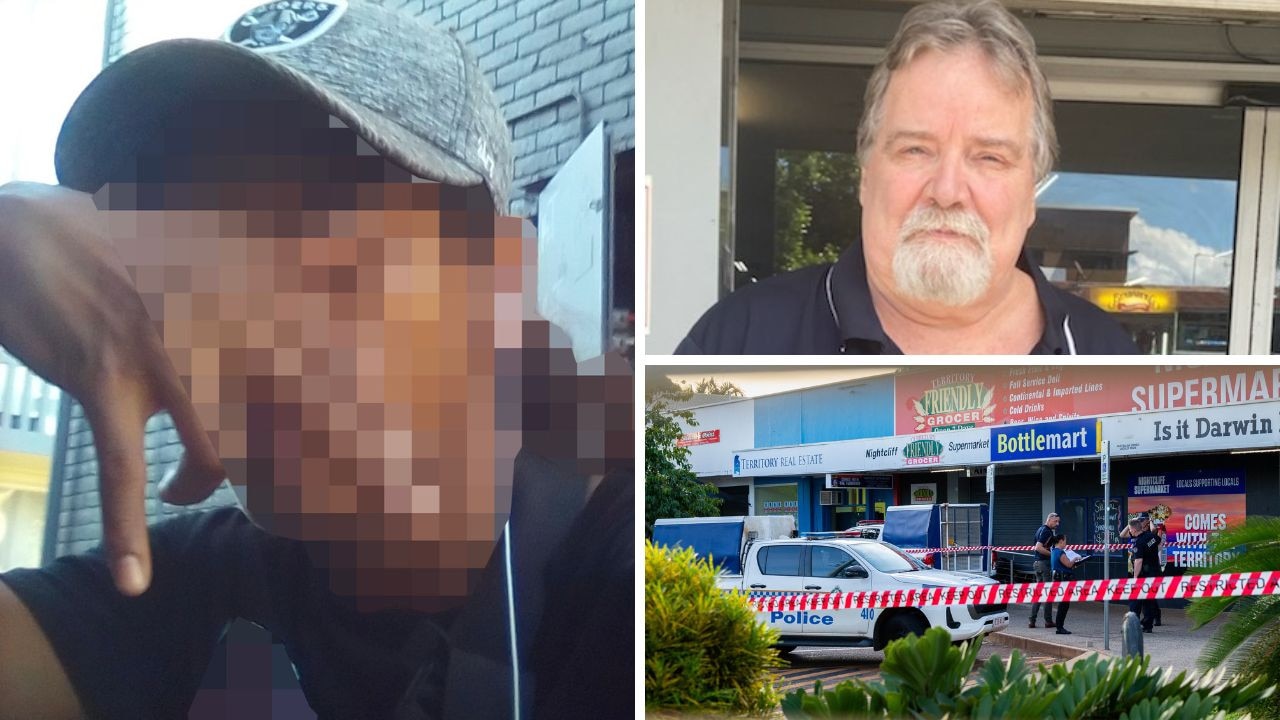Why we need to get Aiia Maasarwe’s identity right
There’s a word most of us have been using when talking about the killing of Melbourne student Aiia Maasarwe, and a reason we need to stop.

The world has been left shocked and saddened by Aiia Maasarwe’s horrific alleged murder and rape in Melbourne.
But among those who feel most strongly about the young woman’s death are Palestinians, both living in Australia or back in their often forgotten home state.
The 21-year-old was Palestinian, yet because of the title of her passport, she was described in news reports as Israeli or Arab-Israeli — terms she and her family, like many Palestinians, reject.
It’s a commonly forgotten distinction, but one her family was determined to have recognised.
Ms Maasarwe’s family shared that the young woman killed in a terrifying unprovoked attack last week identified as Palestinian Arab, but the correction did not immediately flow through.
Subscribe to news.com.au’s daily podcast From The Newsroom
Sydney journalist Jennine Khalik, who has been covering the story for the ABC and has a Palestinian background herself, said people tended to forget or simply did not know the importance or background of the “marginalised group”.
Khalik has been trying to advocate for media outlets to all use the term Palestinian when reporting Aiia’s death.
“It’s a lack of insight and understanding of the Palestinian identity,” she told news.com.au.

Khalik said there were layers of complexity when it came to her and Ms Maasarwe’s identity, that were highly political.
She said Palestinians overwhelmingly rejected being called Arab Israelis, a term prescribed by Israel’s government, whose laws, she wrote, “discriminate against Palestinians because they are not Jewish-Israelis”.
“News outlets in Australia would have initially seen coverage by Israeli news and just gone with that without questioning it, dissecting it, without trying to find out what the accurate term is,” she said.
“It’s one of many systematic ways of erasing Palestinians.”
In a piece written for The Guardian today, Khalik detailed how Aiia’s Palestinian identity was being erased.
Her story quickly gained further support on social media, with writer Clementine Ford saying that in some cases the identification was deliberately removed.
“I submitted a piece last week that referred to Aiia as a ‘Palestinian student’ and I realised after publication that this had been changed to ‘international student’,” Ford wrote on Twitter.
The ABC’s Scott Mitchell said it was an indictment on Australian media that Ms Khalik had to single-handedly correct reporting.
“The malaise and lack of self-criticism about this is staggering,” Mitchell said.
Really important piece for media outlets. As a stateless person, I have always made a point that I'm first Kurdish then Australian. These things matter. https://t.co/XOg3xegwLt
— Tawar Razaghi (@TawarRazaghi) January 21, 2019
If my last retweet doesn’t make media outlets (you know who they are) change tact & start to actually RESPECT Aiia’s family’s wishes—in that they identify as Palestinians—then I don’t know what will. It’s one thing to mourn a daughter. Another thing to have their identity erased.
— Elias Jahshan (@Elias_Jahshan) January 19, 2019
Khalik spoke to family members of the slain woman, who said they are Palestinian, Muslim and Arab, but also simply human beings.
She quoted Noura Mansour, a Palestinian educator with Israeli citizenship living in Melbourne, who said she could not shake the fact Aiia’s death had become political.
“We can’t even die and have people accept us for who we are,” Ms Mansour said.
“The fact is Aiia is Palestinian and also an Israeli citizen. Both of these things are facts. They are not mutually exclusive.”
Khalik said it shouldn’t matter where Ms Maasarwe came from, “but it does”.
“It doesn't matter what someone’s background is, especially given the horrendous nature of the crime and the pain this family going through, at least honour the bare minimum,” she said.


The discussion comes after the man accused of killing Aiia briefly returned to court today.
Codey Herrmann, 20, didn’t say anything in Melbourne Magistrates Court during his second appearance since being charged with rape and murder.
Herrmann made no application for bail during the brief hearing, during which the prosecutor withdrew an application for a compulsory procedure, likely a DNA sample.
Ms Maasarwe’s body has this afternoon been released to her family, who are preparing to repatriate her body, AAP reports.
Her family has been desperate to see her body released so they can bury her in line with their Muslim faith.
Her father, Saeed Maasarwe, and sister Ruba Maasarwe — who was on a video call with her sister when she was attacked — are in Melbourne after the death last week.
READ MORE: Quick-thinking cop helped track down alleged murderer




